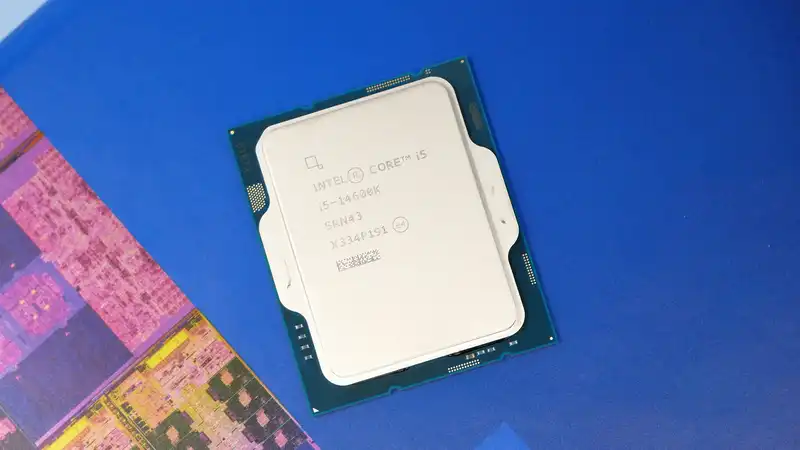Intel laid off 5% of its workforce in 2023. Now reports are coming in that the company is planning more layoffs this year.
According to Bloomberg, these new job cuts could be announced next week. Currently, Intel has about 110,000 employees. The report does not cite specific numbers, only stating that Intel plans to "cut thousands of jobs."
Still, a few thousand represents a few percent of the existing workforce. Furthermore, the news adds to the recent negative atmosphere at Intel, including the crash of the 13th and 14th generation CPUs and Intel's inadequate response to the fiasco.
As it stands, Intel still has no clear idea of all the reasons these chips are crashing, has not recalled them, has not stopped selling them, and will not say whether the warranty will be extended or how many chips it believes were damaged. Excellent.
Bloomberg also reports that Intel's earnings for the second quarter of this year are expected to be flat compared to the same period in 2023, and could start showing signs of growth later this year.
Despite this, Intel's stock price actually rose in after-hours trading late yesterday in response to this report, but Intel's stock is still down about 10% from a week or so ago, 40% from a year ago, and over 50% from early 2020.
Perhaps the news of the layoffs is viewed favorably in that it shows that Intel is taking action to reduce costs and improve profitability. However, it is still quite difficult to see where the positive scenario lies at Intel today.
For the sake of clarity, let us take a look back at Intel's current situation. For starters, despite its grand plans to regain fab technology leadership over TSMC, the company has yet to really show that its chip fabs are back on track. The company's Intel 7 chip is actually a rebranded 10nm, which still seems to have a few issues with 13th and 14th generation issues. Meanwhile, the Intel 4 node is only used for one small chiplet within the Meteor Lake CPU, with the rest of the chip being manufactured by TSMC.
Also, the new Lunar Lake mobile CPU is almost pure TSMC, with only the Intel silicon serving as the base tile on which the compute tiles sit. Similarly, most reports indicate that the majority of Intel's upcoming Arrow Lake desktop processors will be made by TSMC, with perhaps a few models featuring Intel chiplets.
At the same time, Intel continues to lose market share to AMD in servers, Qualcomm's Snapdragon X chips threaten its precarious position in the laptop market, Intel's efforts to break into the graphics market with Arc have so far failed, and of course, the latest two generations of desktop CPUs are broken. What a mess.
In any case, let's hope Intel can get its act together soon. A healthy Intel producing great chips is what we want for our PCs. But right now, it feels like we are a long way from that.


Comments